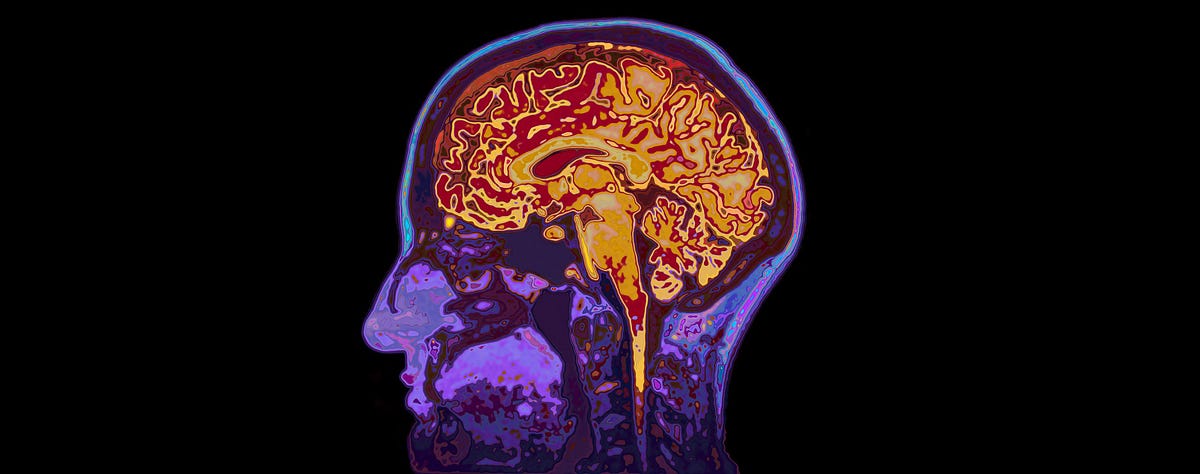ISRIB
ISRIB is an experimental drug which reverses the effects of eIF2α phosphorylation with an IC₅₀ of 5 nM. It was discovered by the Walter lab at University of California, San Francisco through a semi-automated screening of a large library of small molecules. It has also been shown to inhibit eIF2α phosphorylation-induced stress granule formation. Since eIF2α phosphorylation is known to be involved in memory formation, ISRIB was tested to see whether it would be active in vivo, and was found to readily cross the blood-brain barrier, with a half-life of 8 hours. Subsequent testing in 2013 found ISRIB to produce significant nootropic effects in mice, as measured by enhancement of spatial and fear-associated learning in standard water maze and conditioned environment tests. Testing in 2017 indicated the experimental drug improved the ability of brain-injured mice to learn and form memories on memory tests, thus appearing to reverse impairments from traumatic brain injury.

